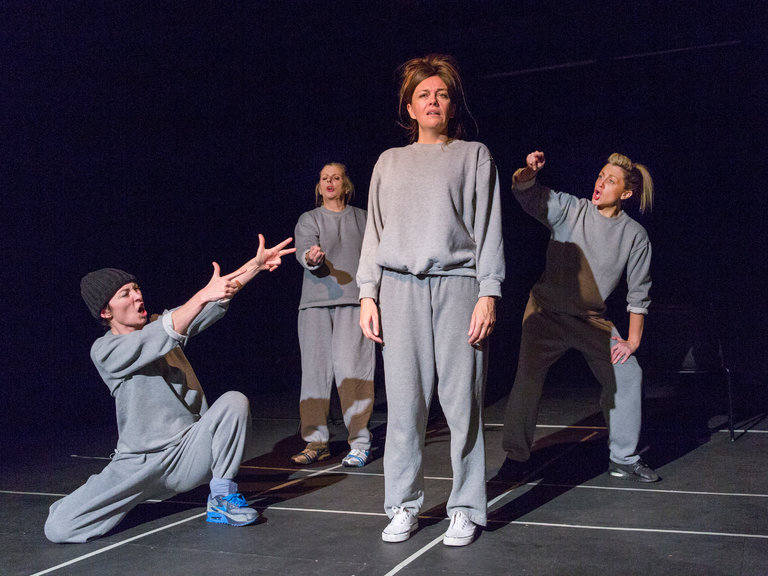How you can give a boost to arts in criminal justice
Arts Council England is consulting on the final draft of its 10-year strategy. This blog by Will Downs, Clinks’ Policy Officer, sets out the key aspects of the strategy and how Clinks and the National Criminal Justice Arts Alliance are going to respond. It also looks at how people and organisations can respond to the consultation to help ensure arts in criminal justice is supported in the final version of the strategy.
The National Criminal Justice Arts Alliance is managed by Clinks. This blog was first published on clinks.org in August 2019.
Arts Council England 10 year strategy: why it matters
Arts Council England’s 10-year strategy will set out the organisation’s vision, outcomes and principles for investment in arts and culture for 2020 – 2030. This is the final opportunity for people to shape the strategy, after a long process of evidence gathering and engagement.
Clinks and the National Criminal Justice Arts Alliance are delighted that the latest draft strategy places outcomes for people and communities centre stage, embraces the impact of creativity on health and wellbeing, and prioritises inclusivity, diversity and relevance. We are particularly pleased that it identifies the criminal justice system as a key partner in achieving its ambitious goals, under its draft outcome ‘cultural communities’, which describes a collaborative approach to culture to help places across the country to thrive. This is an important step towards making explicit its recognition of the contribution of the arts in criminal justice sector, strengthening the case for public investment and enhancing creative practice for all, which we recommended during the previous round of consultation.
The strategy will shape how Arts Council England delivers its development, advocacy and investment approach for the next decade. Having criminal justice recognised in the final strategy will offer a real boost to the role of arts in criminal justice. It will signal to funders and to the government the importance of interventions delivered by arts organisations in criminal justice settings, and open up possibilities for greater funding to be allocated to such organisations by Arts Council England and other funders.
What we’re doing
There is still work to be done to make sure a recognition of arts in the criminal justice system remains, or is even strengthened, in the final version of the strategy.
Our response to the consultation will focus on how organisations working with people in contact with the criminal justice system can support Arts Council England to truly reach its vision of a country where the creativity of all is valued and given the chance to flourish. We will suggest it can do so in the following ways:
- Build on the current commitment in the strategy to develop the creativity of children and young people, by including specific reference to disadvantaged children and young people in, or at risk of entering, the criminal justice system
- Build partnerships with the Ministry of Justice and Her Majesty’s Prison and Probation Service to support promising new approaches to arts in the criminal justice system
- Recognise prison settings as crucial places in communities and where the arts can have a major impact in building awareness and challenging stereotypes
- Encourage all organisations funded by Arts Council England to follow their lead and adopt the policy of ‘ban the box’, so having a criminal record doesn’t stop talent being harnessed.
How you can respond
The best way in which we can achieve recognition of the importance of arts in the criminal justice system is for as many people to respond to the consultation as possible, making the case for the crucial importance of arts in transforming the lives of people in contact with the criminal justice system. To respond, you will need to complete the online survey by 23rd September 2019.
For inspiration, you can refer to Clinks and National Criminal Justice Arts Alliance’s submission to the previous round of consultation. Our response makes a number of recommendations on the key issues, priorities and opportunities facing arts organisations working in the criminal justice system, and how Arts Council England can work with organisations better to respond.
Arts Council England has also produced a lot of information on the consultation process and the context to the current draft of the strategy, which you can find on the consultation webpage. They recommend you read three short documents before responding, which can be found here.
If you have any questions about our response or how you can respond, please contact: will.downs@clinks.org.
Image: NCJAA conference 2019, courtesy of Elijah Thompson






